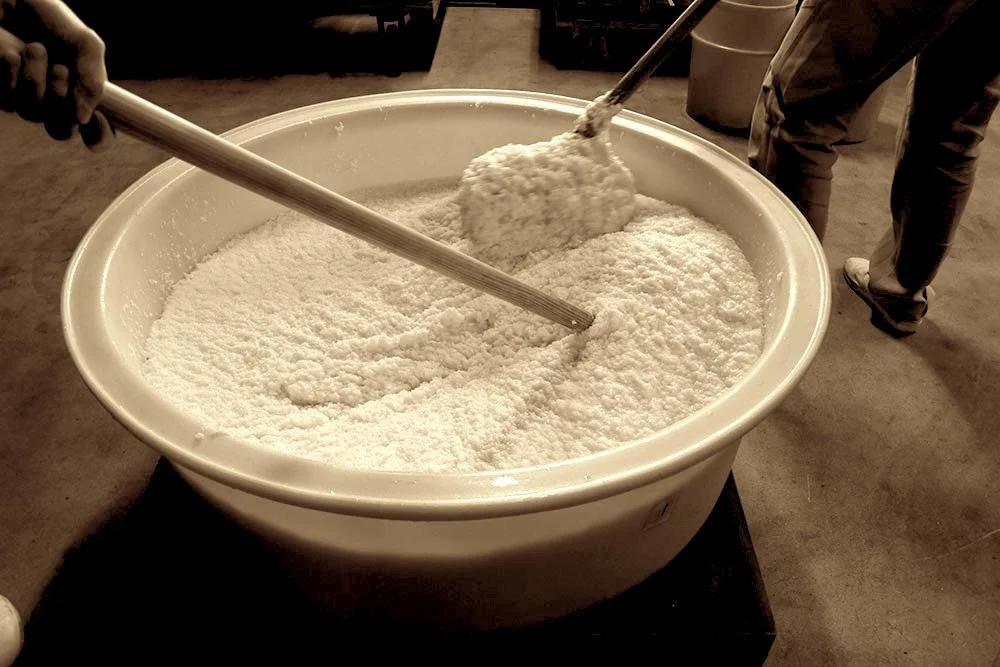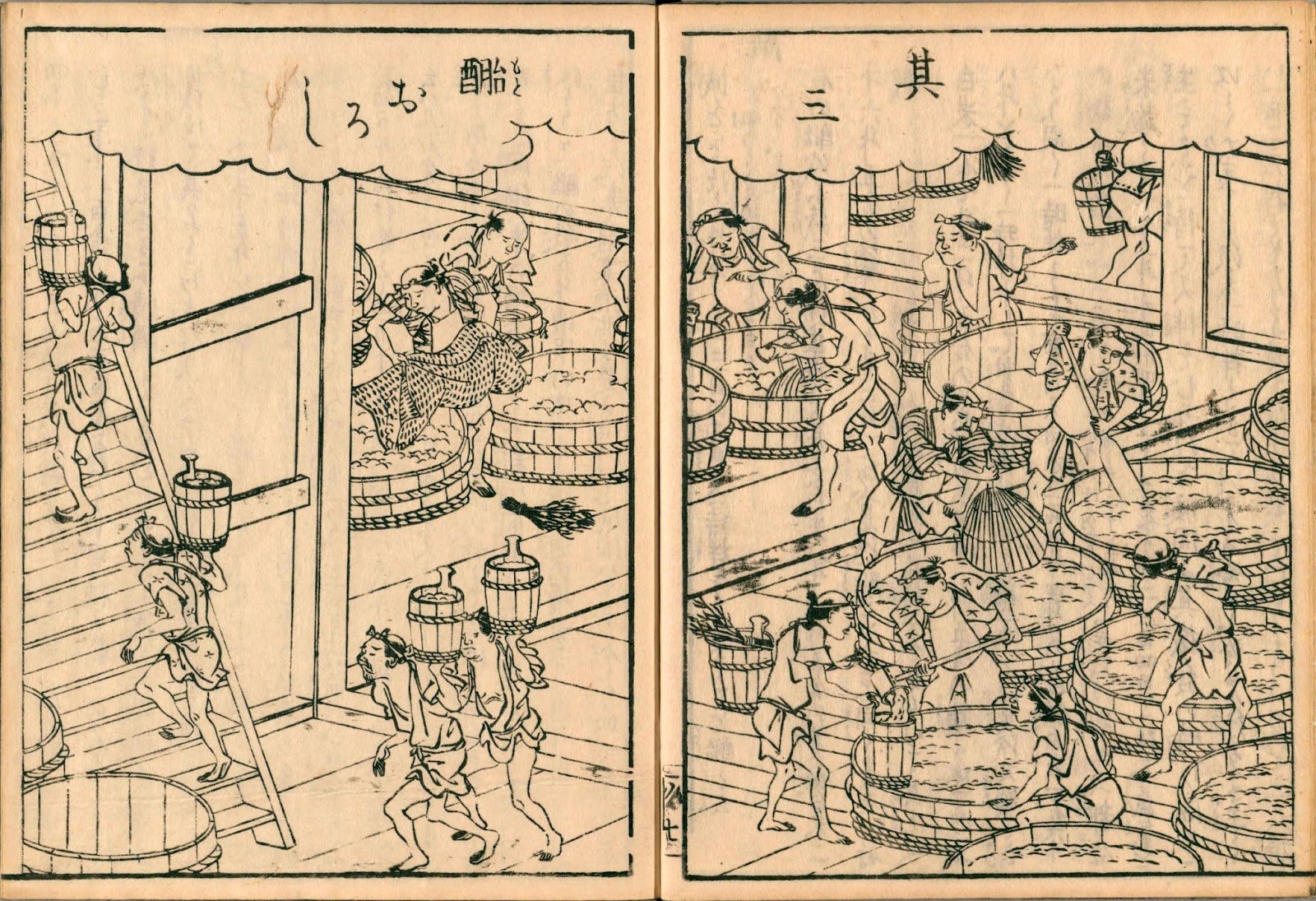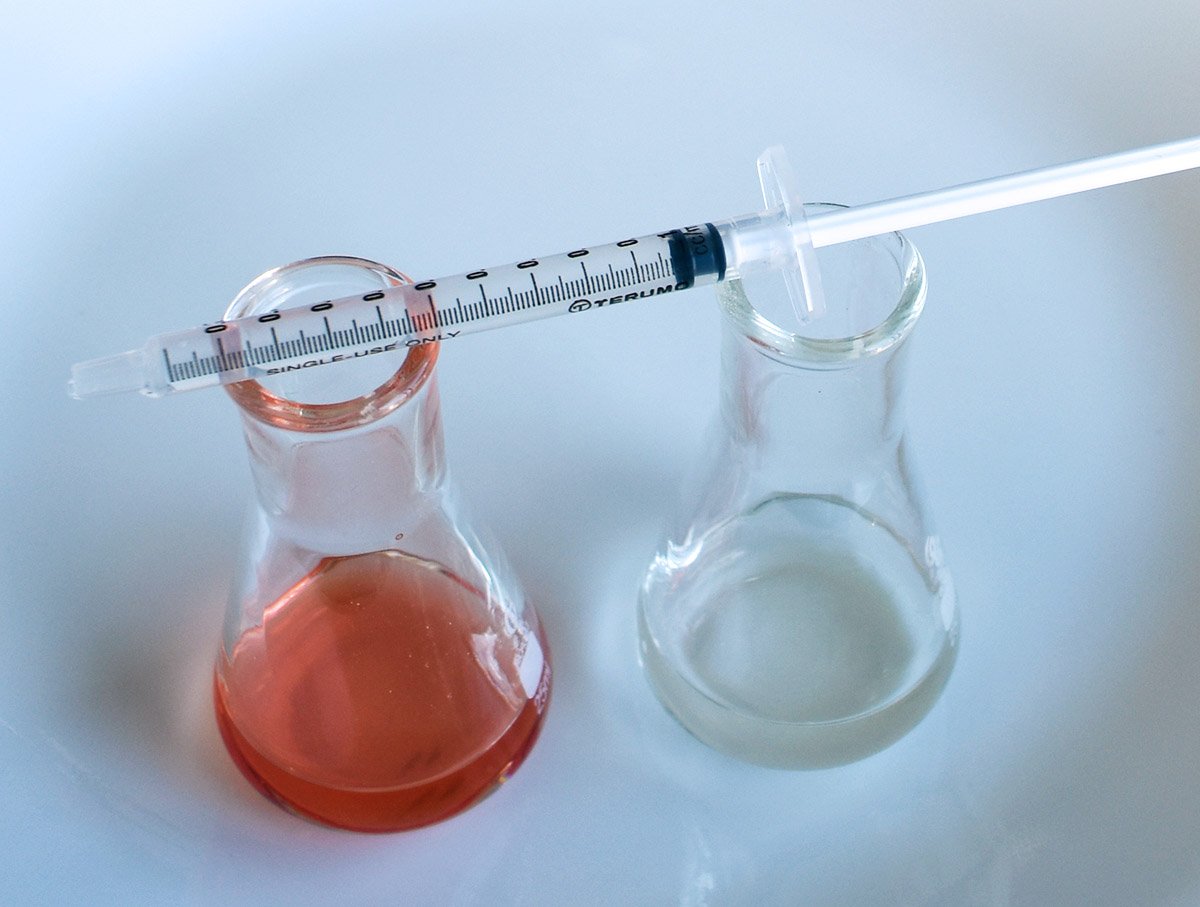Why is Kimoto?
A very deep look at the science of kimoto and what distinguishes it from yeast starters that use commercially produced lactic acid.
How koji is produced on industrial scales
This post will provide a list of commercial and industrial koji fermentation equipment. A glossary of Japanese terms is available at the end.
Yeastcidin
How technology revealed a critical link between koji and sake yeast and that relationship has led to the diversification of sake in Japan over the last 45 years.
Concentrations
Chemicals prepared in different places often come in different concentrations. Let’s learn how to convert these from one to the other so the correct amount is used.
The Triangle Test
Learn this widely used method in the brewing industry for quality control and product development. Assess the impact of changes in ingredients, processes, or formulations on the final product's sensory characteristics.
New Koji Spores
Akita Konno’s new Roots 36 spores are an exciting prospect for sake brewers around the globe. More glucoamylase, less acid carboxypeptidase production, all done in just 40 hours!
The Ueda Koji Method
A version of this koji making style was refined by Dr. Morikuni Ueda alongside a group of sake brewers, and they formed a working group around this method in 2015. This guide is an adaption for the homebrew scale so you can experiment before bringing it into the kura.
Sake Recipes
Finally, full examples of sake brewing recipes that you can use to get an idea of the various ways that sake can be made. Contribute your own and build the largest collection of sake recipes in the world!
A/B Line Graph
How to track and adjust your fermentation by Alcohol and Gravity measurements
Bodaimoto
The process of making bodaimoto can be considered a direct precursor to the modern sokujo ‘quick brewing’ method, as illuminated by Andrew Russell in “Bodaimoto - Brewing at the Buddha's Foot”. The comparison is based on the two-step method of first creating a lactic acid starter, followed by using the lactic water produced to build a yeast starter.
Chemistry of the Aroma and Taste of Sake
An evolving post about the chemical nature of tastes and aromas in sake.
Measuring the Acidity of Sake by Titration
Acidity in sake plays a significant role in its taste and texture even at relatively low levels compared to other common beverages. Titration is simple and inexpensive to do. It requires a few supplies that can be obtained from a winemaking supply store or online.

















